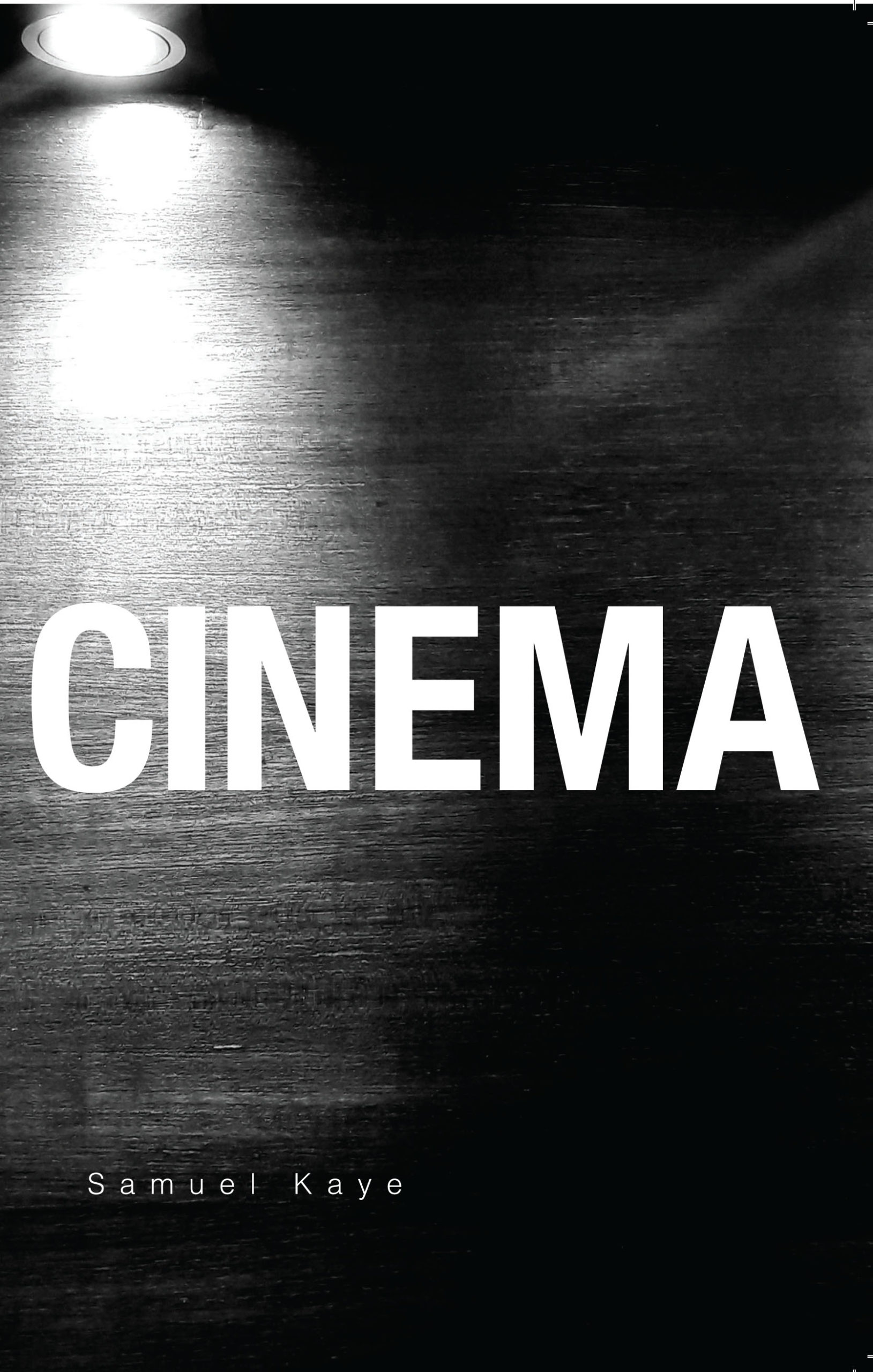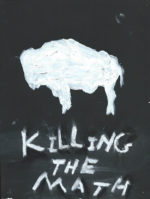WHAT THEY'RE SAYING
Samuel Kaye is a Kafka for these neoliberal, fame-obsessed times. But he is a better writer than the Bohemian. His crisp, taut prose and flat characters create a world where there is no authentic self, but merely layers of performance. So much so, that it is not stretching it to say that performance is the main character and method of this novel. The book itself is performative. It performs what it is about in its structure and unfolding. It does what it says. Kaye enacts the arguments he describes. He mounts classic debates in performance studies around how an actor should act, specifically mentioning Diderot, Stanislavski, and Strasberg, and brings down a conclusion something like Mamet, where the actor serves the writing, allowing it to bring itself to life through its takeover of the actor’s body. Kaye also stretches this to build a world where the various meanings of performance, from the aesthetic performance of the actors, the neoliberal jargon of corporate performance, and the everyday performance of self blend into each other. He shows how these various modes of performance manifest as languages. In this, he reveals the nuanced complexity of self which has historically been variously misinterpreted as soul, psyche, and subject, to be performance. The media-constructed real-world actors he writes about, his interpretation of them as characters in the novel, the real world and fictional characters they play in the film in the novel, and the imaginary characters the writer-director constructs on them in their imaginations, blend effortlessly into each other in a play of revealing and obscuring, appearing and disappearing. This is further complexified by the multi-faceted dimensions of the characters portrayed in the novel playing characters in the film bleeding into the characters in the novel being written in the film being made in the novel. Through this layering, Kaye circumscribes the limit where self and performance become each other. This is important work. Fucken capital L literature. But this is not just a novel. It is philosophy in a way to which so many novels pretend but fail. Enjoyable though it is, this book should not be merely enjoyed, but studied as the performance of philosophy of performance which it is.
As certain drugs are “creepers” and certain people are “slow burners”, Sam Kaye's Cinema slowly immerses you in the exquisite banalities of corporate speech and the ritual boredoms of bureaucracy, while flashing in and out of the human glamour machine of cinema, in a weird reimagining of what industrial art has become. Cinema’s elegant subject is thinking through talking: there is a smoldering glee in dialogue rarely encountered. This book is full of risks, peculiar or “bent” in ways you must experience, and you get to fall in love with Tilda Swinton in real time.




